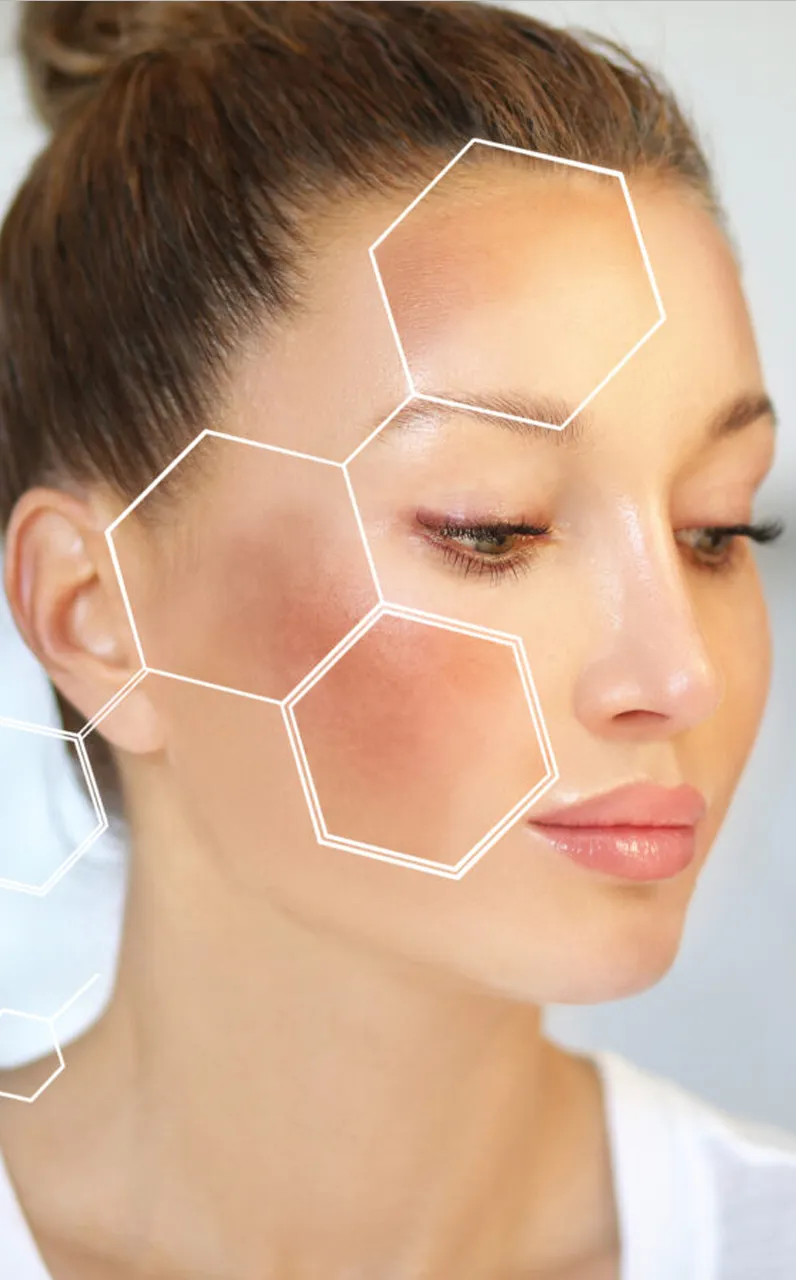Best Treatment for Melasma in Karachi
Restore Your Skin's Radiance
Melasma, characterized by dark patches on the face, is a challenging but treatable skin condition. For effective melasma treatment in Karachi, AlKhaleej Clinics offers advanced and personalized care near you. With experienced dermatologists and innovative techniques, we are committed to restoring your skin's radiance and achieving an even tone. Our treatments are tailored to meet your specific needs, providing optimal results for those seeking melasma treatment in Karachi. Visit AlKhaleej Clinics for reliable and expert care close to your location.
















